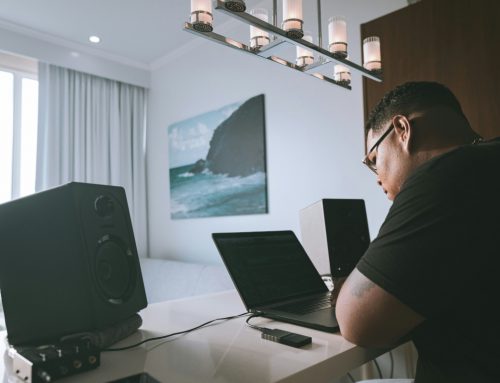The impact of COVID 19 has taken up a disproportionate amount of conversation over the past 18 months. Lots of us have been talking about how our lifestyles have changed, how the world of work needs to embrace its new normal, and the reflections we’ve had on challenging the very assumption of being in the same place as other people.
In the most recent episode of Fantastic Female Fridays, I took a particular look at what the pandemic has implied for the lives of women around the world. An “American Progress” report “estimates that the risk of mothers leaving the labor force and reducing work hours in order to assume caretaking responsibilities amounts to $64.5 billion per year in lost wages and economic activity. The latest evidence shows that due to COVID-19 school and child care closures, mothers with young children have arranged reductions in their work hours that are four to five times greater than the reductions arranged by fathers.”
In fact, as I looked around at the various insights into this topic, it was difficult to find ones of positivity on a global level. Domestic helpers in Asia are predominantly women. 77% of health care workers in America are women. In Europe, women found it more difficult to rejoin the labor market during the partial recovery last summer 2020 with employment rates rising by 1.4% for men but only by 0.8% for women between the second and the third quarter of 2020.
As my secondary research led me in these directions, I undertook some primary research to find the pockets of opportunities. While there have many truly awful consequences of COVID and the lockdowns, as the Irish saying says, “it’s an ill will that blows no good”. In other words, there had to be a silver lining somewhere.
As I spoke to women about this, I found the following:
- The reduced need for business travel and physical presence at important meetings could be an enabler for their careers. The benefits of remote working (and the demand for software, hardware, cybersecurity, etc) may persist long into the future.
- The ability to gain access to content is better than ever. For example, women with a lot of household demands can sign up for online courses, glean insights from thought leaders in webinars anywhere in the world and engage with recruitment companies early and often.
In fact, what became clear is that certain parts of our economy were developing more resilience. A case in point is that many people are leaving urban centers for the less populated rural parts of the country (assuming brilliant broadband). Property prices may be less volatile if there is more diverse demand and fewer pointed pockets of supply.
How then, can we turn this idea into an investment hypothesis to test in VectorVest? Many readers of my Views will know that I think the Relative Index can be such a valuable addition to any stock market enthusiast’s book of tricks. In this episode, it really emerged as a star performer.
We examined Unisearch to find stocks moving upwards with robust magnitude and reasonable dynamics but specifically, to find the stocks where their Relative Timing had moved from unfavorable to favorable in the past two weeks.
In other words, in Unisearch language:
Two weeks ago: RT < 1
Date of Search: RT > 1
We developed this theme by only looking at stocks in the retail sector (as this built on what we learned about in the episode discussing “Where does the World’s Consumption Power Get Invested?). We added in a dividend yield parameter and put an average volume floor of 10,000 stocks per day.
Again, in Unisearch language, this looks like this:
Stock Sector = Retail
Stock DY > 2
Stock AvgVol > 10,000
As we ran a backtest on this from 4th January 2021 up to 9th July 2021, we could see a 36.78% return whereby nine of those stocks were winners, one of them delivered a triple-digit return and it beat the S&P 500 index.
Intriguingly, there were many dates we ran a search to see that few if any, stocks met the criteria which point out that the time needs to be right for these types of stocks. As a result, we knew we hit on something very interesting!
If you would like to understand the full nuance of what we discussed, please check out the full episode.







Leave A Comment